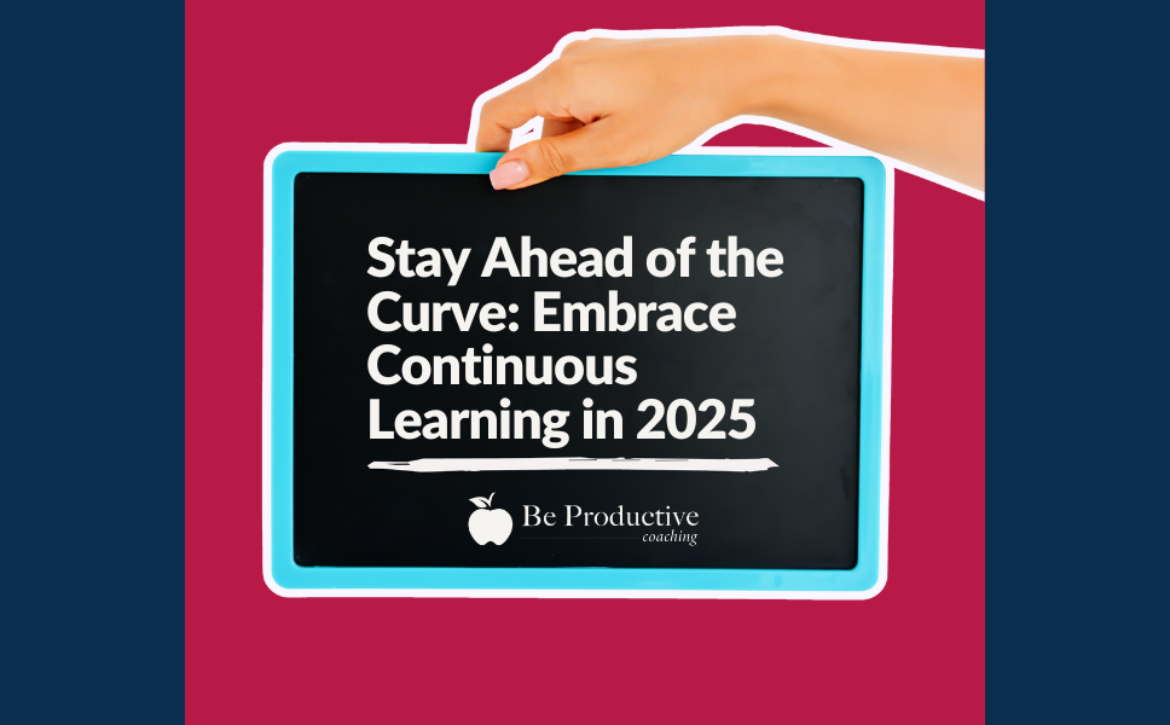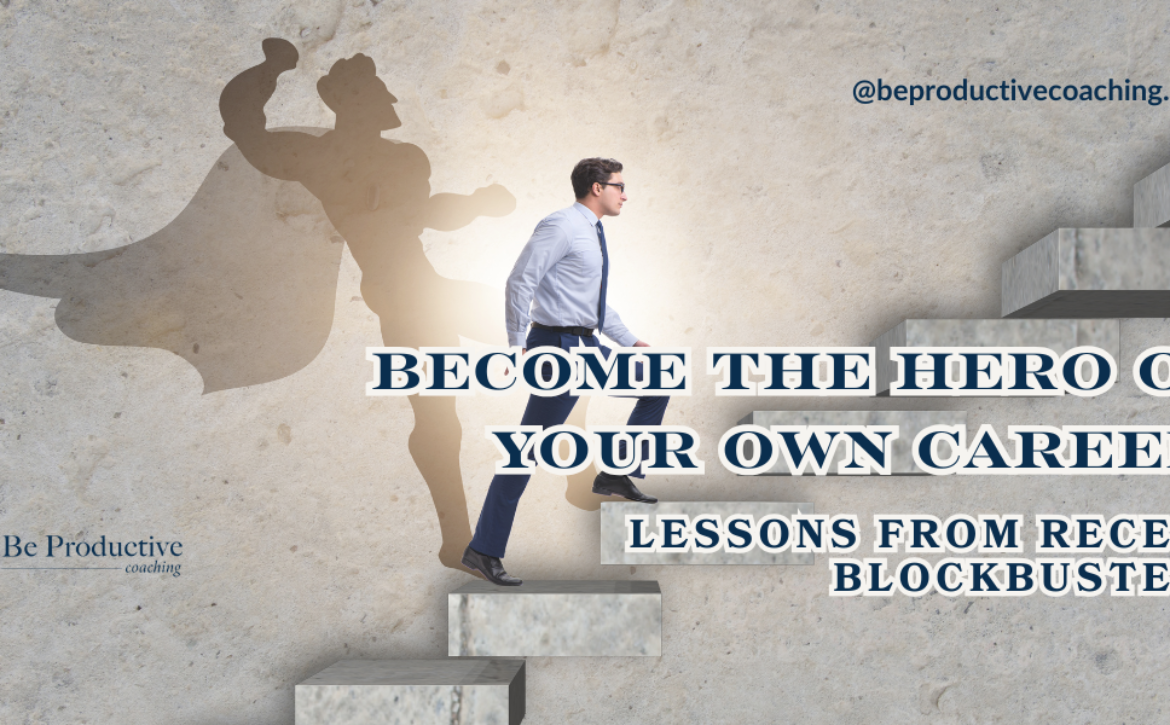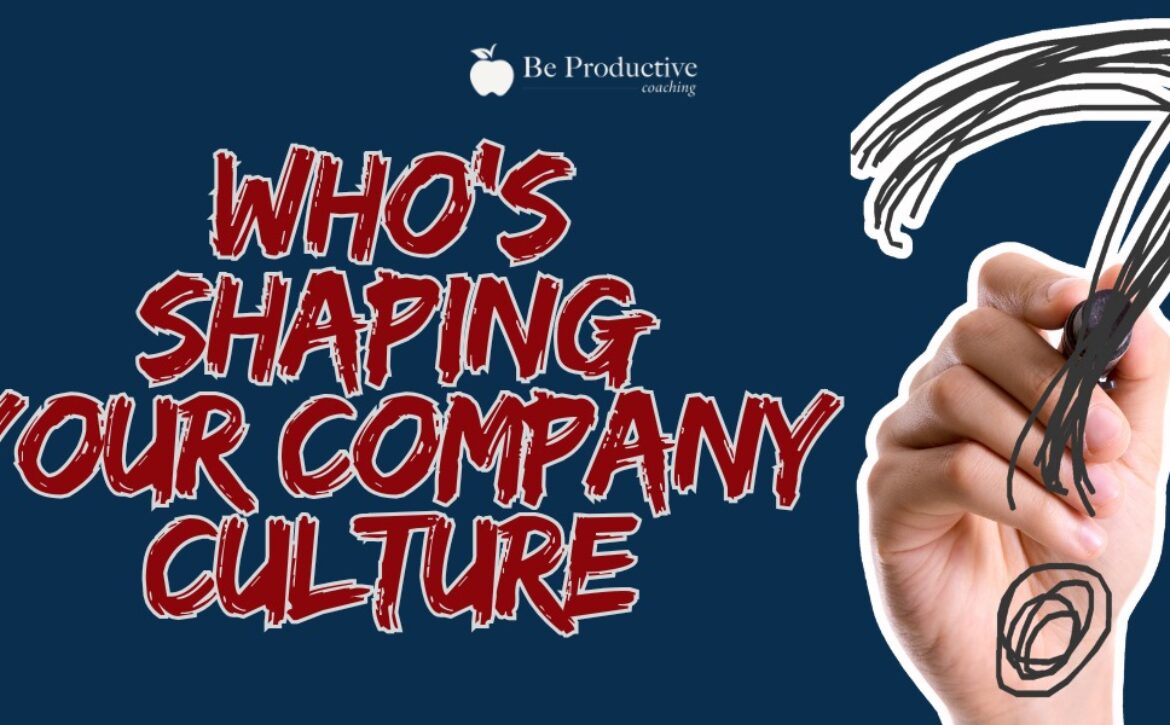From Rejection to Redirection: Turning Setbacks into Strategic Career Moves
From Rejection to Redirection: Turning Setbacks into Strategic Career Moves
From Rejection to Redirection: Turning Setbacks into Strategic Career Moves
Last week, I shared a blog on what to do “when progress feels slow.” The response reminded me just how common it is for professionals—especially high-achieving, purpose-driven ones—to feel stuck in moments that don’t go as planned.
This week, I want to take that reflection a step further. Because sometimes, it’s not slow progress—it’s flat-out rejection. You don’t get the callback. The email says, “We’ve gone in another direction.” And that familiar wave of self-doubt creeps in.
But here’s the truth I remind my clients of all the time: rejection is not the end. It’s a redirection.
A Real Story: One Interview Doesn’t Define You
Earlier this week, I received an email from a client. We had just finalized their resume and LinkedIn rebranding—something we’d carefully crafted to align with their experience and leadership potential.
Before we completed the full rebrand, we had quickly improved their resume so they could apply to a role that caught their eye. It worked—they got an interview. But when they didn’t move to the next round, they were discouraged and started questioning everything, including whether they should shift careers entirely.
I reminded them: we finalized your branding just last week. Since then, recruiters have been viewing their LinkedIn profile and reaching out—an immediate sign that the right people are noticing. One interview isn’t a career verdict. It’s simply data. And it’s often not personal—it’s about timing, fit, and factors we don’t see.
I see this pattern often: frustration before rebranding, followed by impatience when results don’t come instantly. These feelings are valid—but they don’t define your path. The key is not to get stuck in the emotion.
Shift Your Mindset: Rejection is Redirection
Rejection doesn’t mean you weren’t good enough. It means that particular door wasn’t your door—and that’s okay. The most successful professionals learn to pivot with purpose. Instead of asking, “Why wasn’t I chosen?” ask, “What did I learn, and how can I apply it to the next opportunity?”
🔁 You weren’t rejected—you were redirected.
🔍 Every “no” teaches you how to show up even stronger.
💡 Rejection helps refine your strategy, your message, and your clarity.
Follow Up with Grace—and Strategy
Don’t walk away from a rejection without following up. It’s an overlooked opportunity to leave a lasting impression and maybe even open doors later.
Try this simple framework:
- Express gratitude for the opportunity.
- Ask for constructive feedback, if appropriate.
- Reaffirm your interest in the company and your openness to future roles.
Example message:
Dear [Hiring Manager],
Thank you for the opportunity to interview for [position] at [company]. While I’m disappointed by the outcome, I appreciated learning more about your team and culture. If you’re open to sharing feedback, I’d love to know how I can continue to grow for future opportunities. I remain genuinely interested in your company and would be grateful to stay in touch.
Best regards,
[Your Name]
Refine Your Strategy and Strengthen Your Brand
Every interview is a chance to sharpen your approach. After a rejection, reflect on:
- Did you clearly communicate your value and leadership style?
- Does your LinkedIn profile reflect your current brand and goals?
- Are you applying to roles that truly align with your strengths and values?
- Are you staying visible and connected within your network?
A strong personal brand doesn’t just get you in the door—it keeps you top of mind. If your brand is clear, recruiters and decision-makers will come to you.
Keep the Momentum- Even After a ”No”
When you hear “no,” don’t stop. Rejection can fuel your next move if you stay proactive:
- Reconnect with your network and let them know you’re exploring new opportunities.
- Take a step back and make sure your job search is aligned with your current goals.
- Invest in skill development and personal growth.
- Work with a coach to stay grounded and strategic during uncertain times.
You’re Not Rejected- You’re Being Redirected to Better
Rejection can sting—but it doesn’t define your future. What does define your future is how you choose to respond.
So pause. Reflect. Adjust. Then move forward—with clarity and confidence.
At Be Productive Coaching, I help professionals like you use these moments to reset, realign, and make your next move on purpose. Whether you’re working through rejection, redefining your brand, or preparing for a transition, you don’t have to do it alone.
👉 Ready to turn rejection into redirection? Let’s talk.











